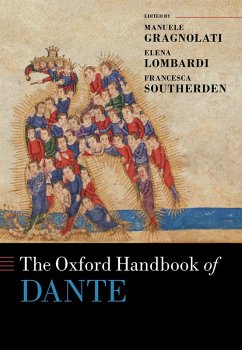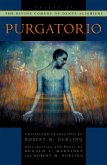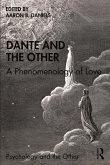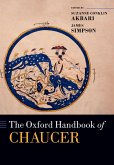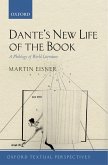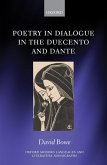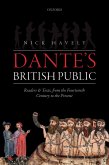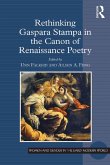The Oxford Handbook of Dante contains forty-four specially written chapters that provide a thorough and creative reading of Dante's oeuvre. It gathers an intergenerational and international team of scholars encompassing diverse approaches from the fields of Anglo-American, Italian, and continental scholarship and spanning several disciplines: philology, material culture, history, religion, art history, visual studies, theory from the classical to the contemporary, queer, post- and de-colonial, and feminist studies. The volume combines a rigorous reassessment of Dante's formation, themes, and sources, with a theoretically up-to-date focus on textuality, thereby offering a new critical Dante. The volume is divided into seven sections: 'Texts and Textuality'; 'Dialogues'; 'Transforming Knowledge'; Space(s) and Places'; 'A Passionate Selfhood'; 'A Non-linear Dante'; and 'Nachleben'. It seeks to challenge the Commedia-centric approach (the conviction that notwithstanding its many contradictions, Dante's works move towards the great reservoir of poetry and ideas that is the Commedia), in order to bring to light a non-teleological way in which these works relate amongst themselves. Plurality and the openness of interpretation appear as Dante's very mark, coexisting with the attempt to create an all-encompassing mastership. The Handbook suggests what is exciting about Dante now and indicate where Dante scholarship is going, or can go, in a global context.
Dieser Download kann aus rechtlichen Gründen nur mit Rechnungsadresse in A, B, BG, CY, CZ, D, DK, EW, E, FIN, F, GR, HR, H, IRL, I, LT, L, LR, M, NL, PL, P, R, S, SLO, SK ausgeliefert werden.

